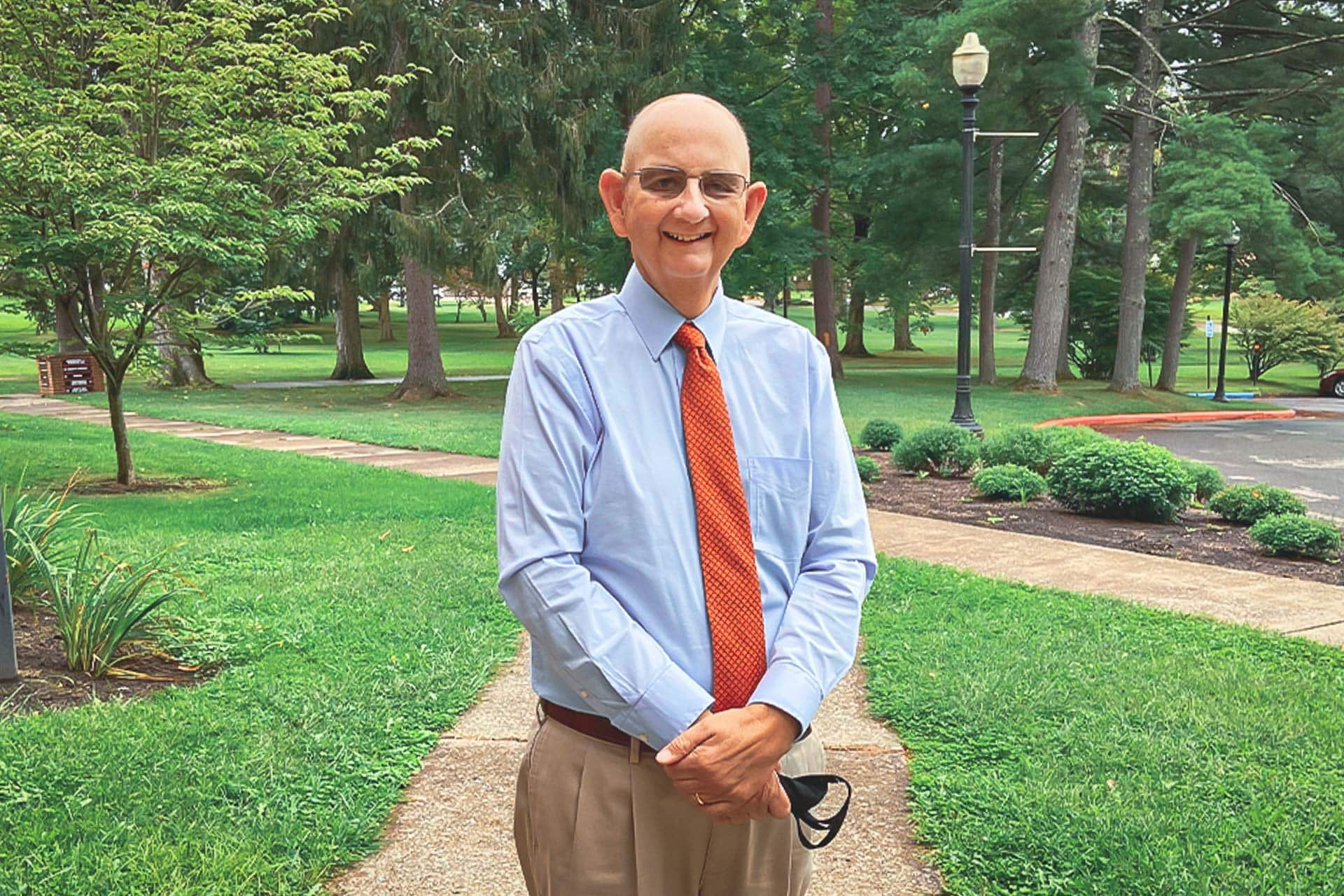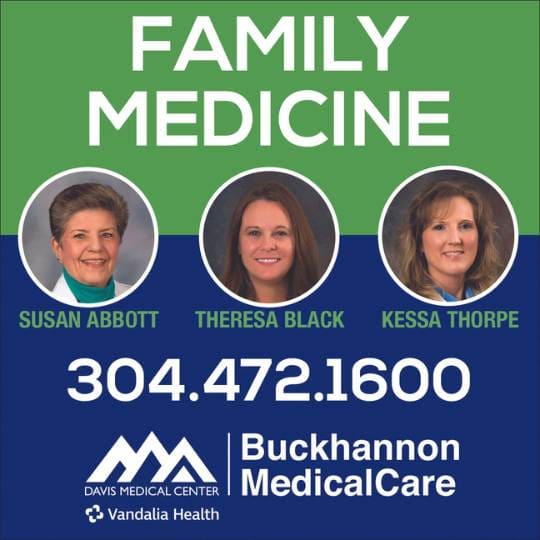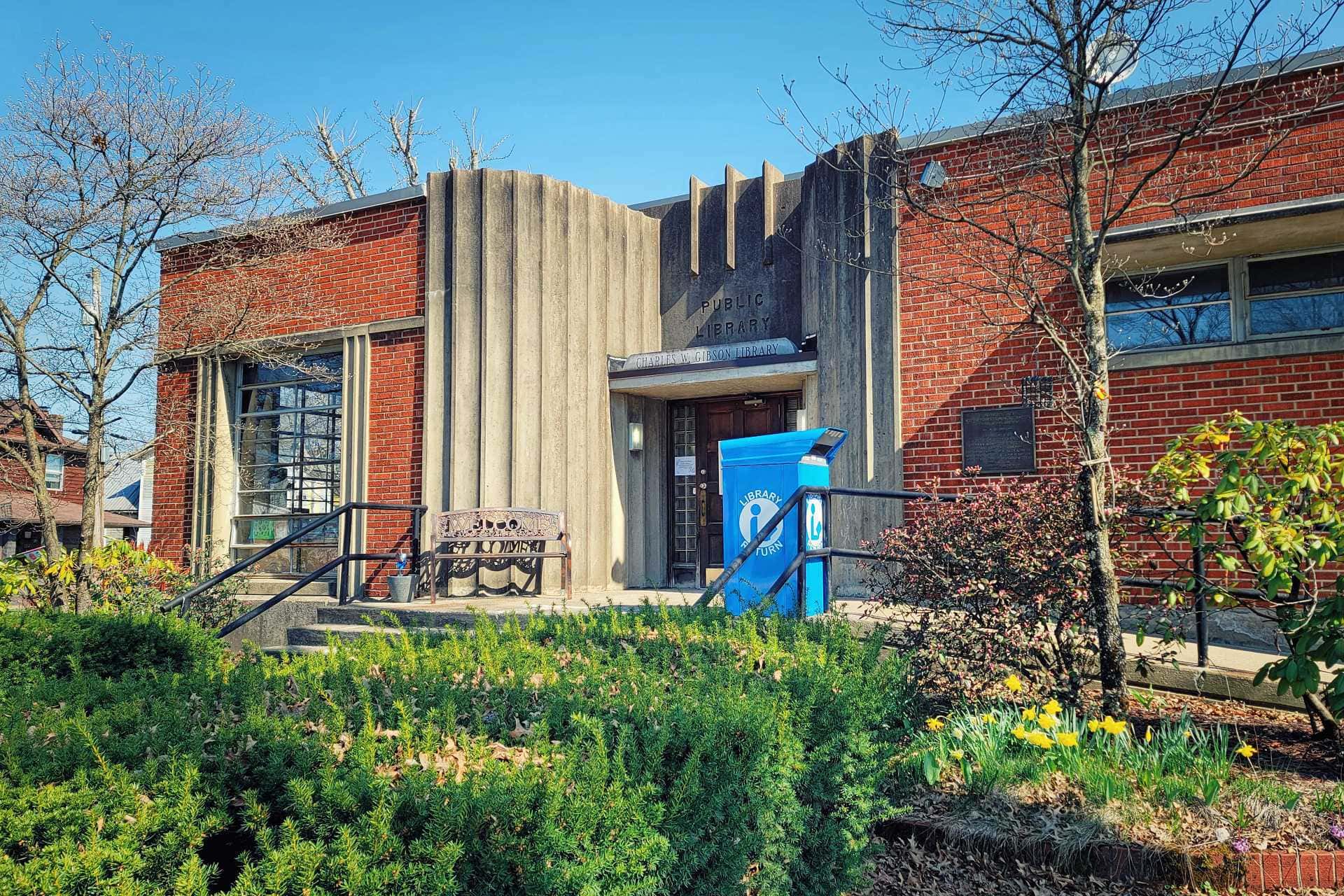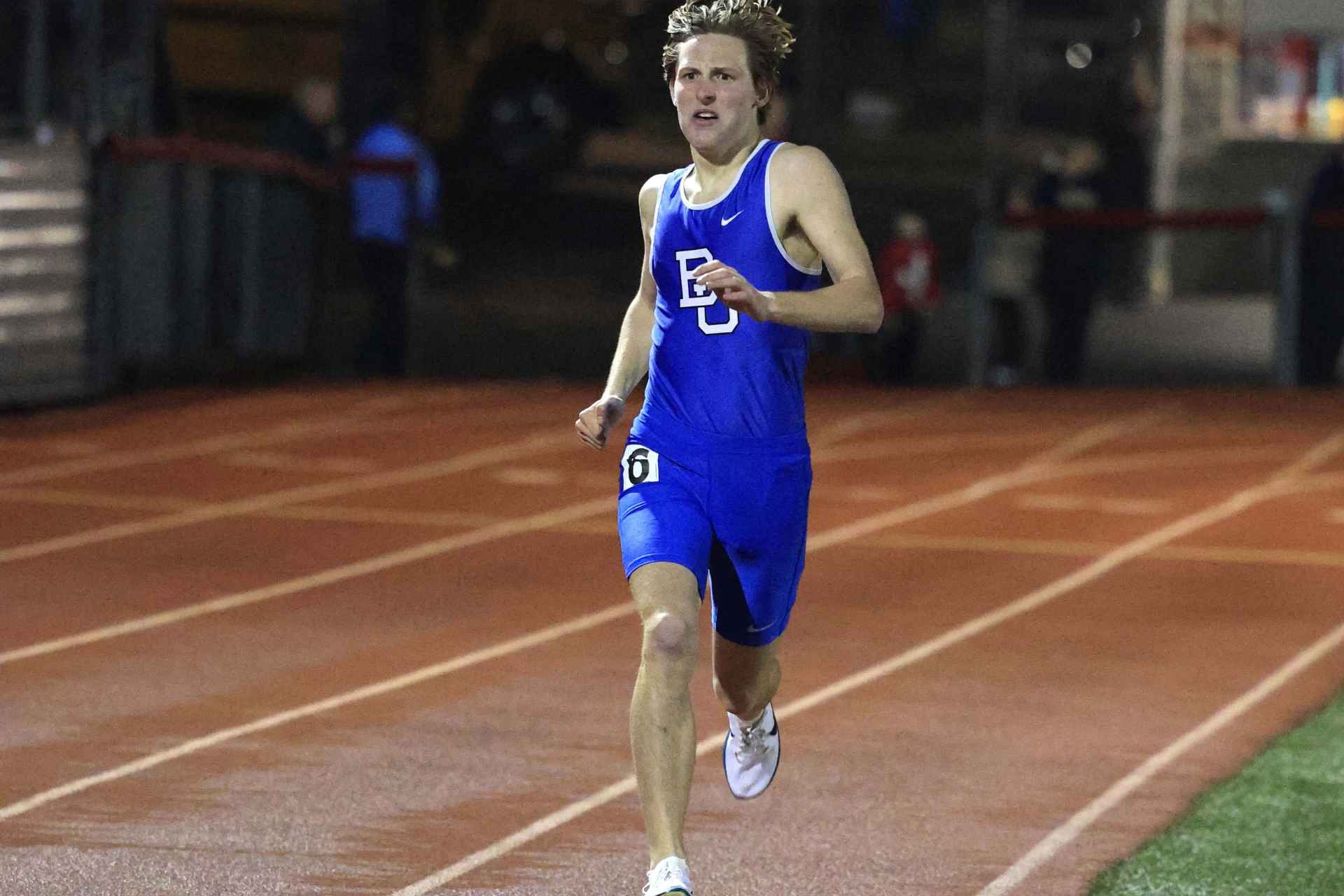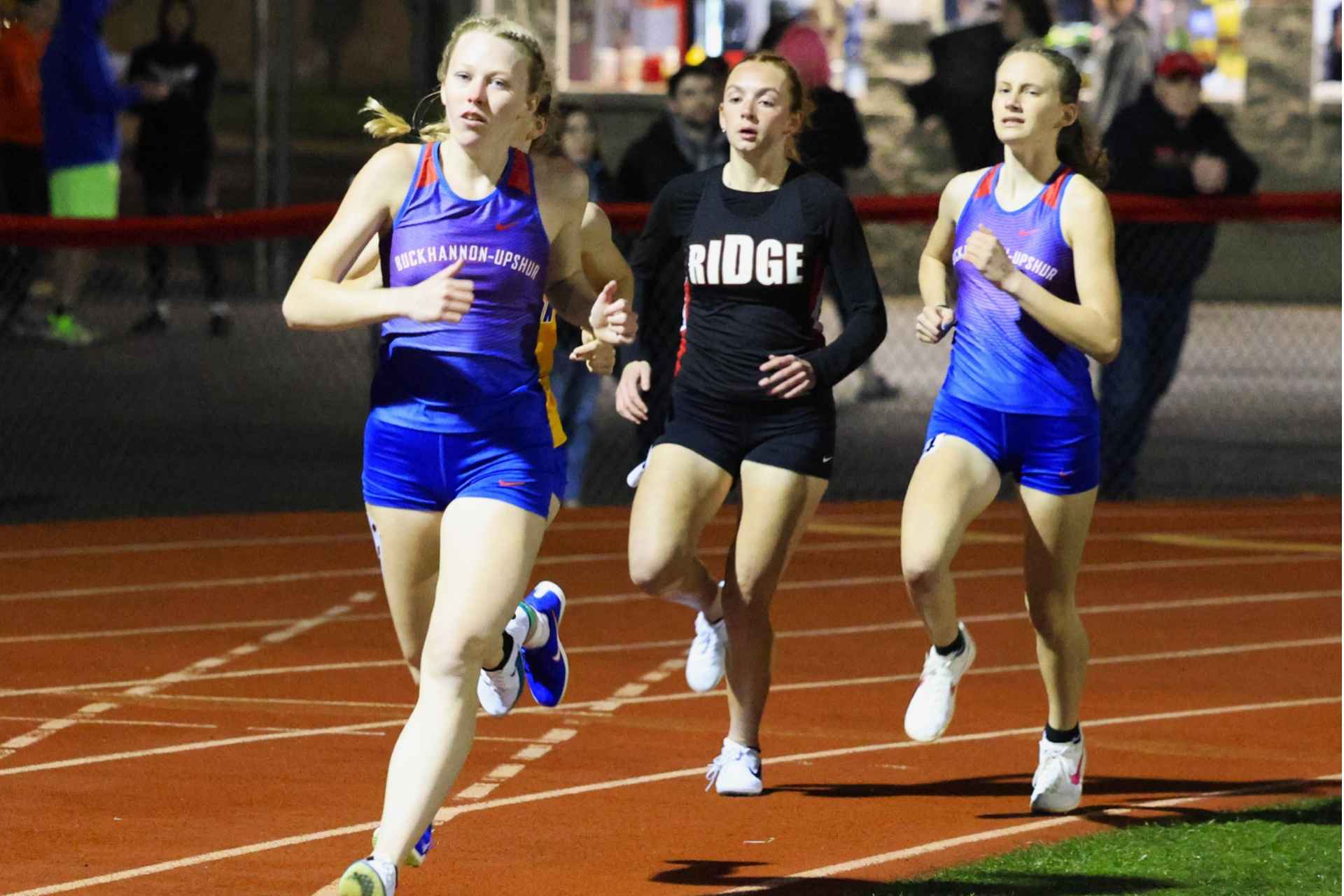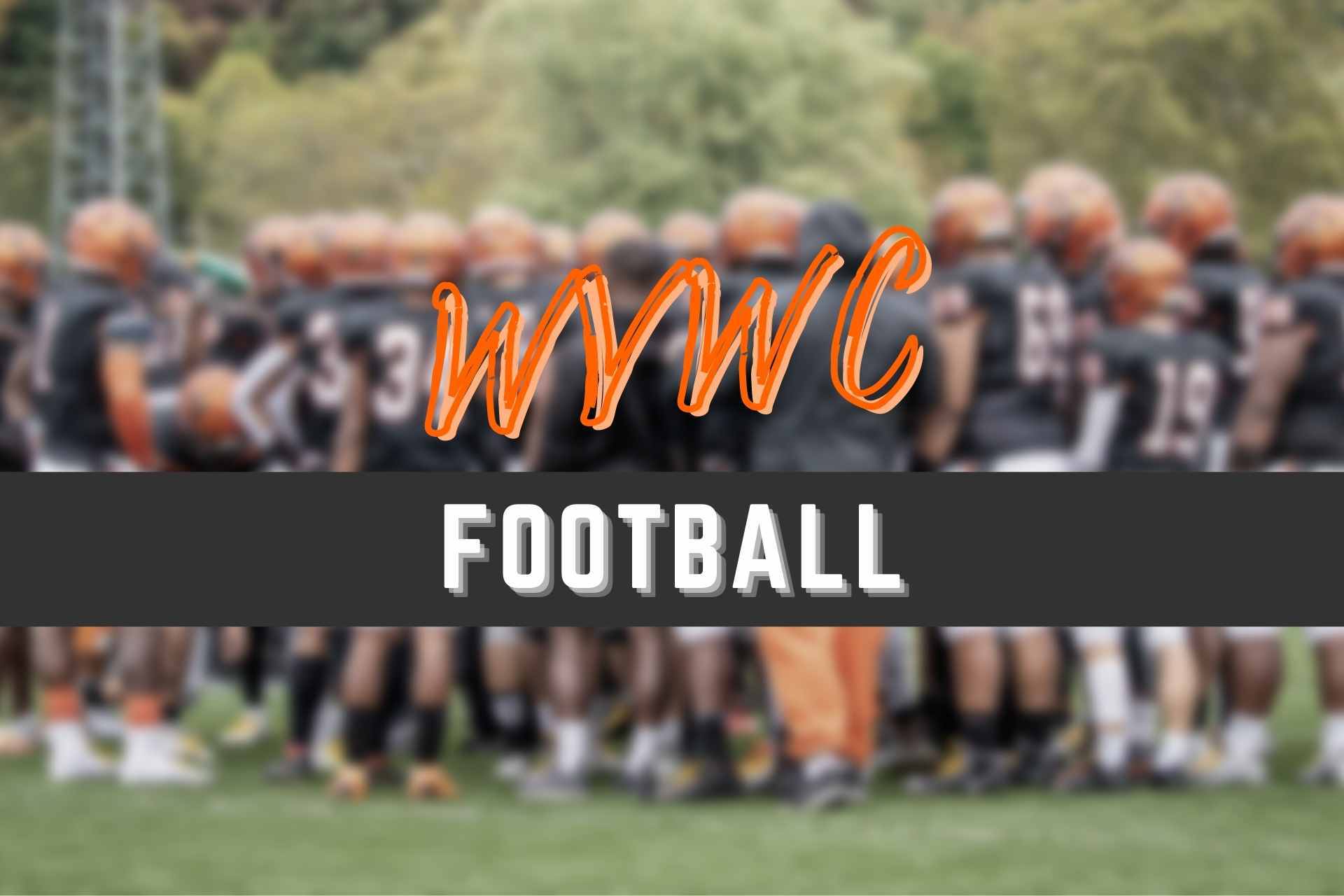BUCKHANNON – The new senior advisor to the president of West Virginia Wesleyan College discussed Wesleyan’s decision to go virtual for the fall semester at Tuesday’s Rotary Club of Buckhannon-Upshur meeting.
The college announced Monday that Bob Skinner would be moving from his former post of vice president of advancement to senior advisor to the president effective immediately. Skinner’s replacement in advancement is expected to be announced soon.
On Tuesday, he covered several subjects, including the rationale behind Wesleyan’s decision to move classes to a mostly virtual platform and the college’s finances.
“If I was going to sum up what it feels like here [Wesleyan’s campus], I would say very lonely and actually sad,” Skinner said. “I’ve said frequently, this place wasn’t meant to be empty; it was built for students to interact, grow and do different things throughout their lives.”
He said most institutions like Wesleyan have had to choose between a purely virtual, an in-person or a hybrid system.
“We are in a hybrid model because we are making arrangements for students in certain academic programs to return to campus as part of their educational program – those in the upper level sciences and nursing are going to have to return to campus at some point for their laboratory experiences,” Skinner said.
He said Wesleyan had planned to welcome students back to campus, but in early August they saw what was happening at other academic institutions and decided to wait.
“There was a major outbreak going on in the country at that point in time, especially from areas where our students live,” Skinner said. “We have a number of students from Texas and Florida and other hotspot areas, so we were really watching that as well, and ultimately the Board of Trustees took a look at all the testing data and asked, ‘can we keep the students safe? Can we keep the community safe?’ and came to the conclusion that the best thing we could do was to be virtual with the hybrid option for certain select students.”
Skinner said one of the most frequent questions he has been asked pertains to Wesleyan’s financial situation.
“This spring, we were very fortunate because we benefited from the federal stimulus package (CARES Act) and the Payroll Protection Program, which covered lots of expenses for the institution, so we were in great shape from a financial perspective for the spring semester,” Skinner said. “As we came to the fall semester, we’re fortunate that we could do what we’re doing because we are in a pretty good cash reserve position right now, and we also have a number of other options to consider – we don’t have any short-term borrowing going on at the institution.”
He said the college has logged a good year of fundraising, and their endowment has grown significantly over the last couple of years.
“When I started in advancement, the endowment was $28 million, and yesterday it was well over $60 million, so we’ve had great growth in our endowment over the last decade, so the college is definitely OK financially,” Skinner said.
He said Wesleyan administrators are optimistic that students will be welcomed back to campus in the spring since testing scenarios have evolved since the start of the pandemic.
“The original testing scenario meant every time we tested a student, the cost would be $100 per student,” Skinner said. “The new tests will be coming forward for $5 a pop, and that will allow us to test students every two or three days, and really better manage any outbreak that comes along, and we’ll be able to quarantine students quicker and keep everyone safer, so we feel like that scenario alone is going to be significantly different than where we were.”
Skinner said when they do bring students back, they want to ensure those students can have a normal residential college experience.
“We’re all hopeful that a vaccine will be available, and we think that’s probably going to happen sometime during the spring semester and, we’re learning right now from schools that there are a lot of students who are really in confinement in the fall – they’re not really having a truly great experience,” Skinner said. “Some schools are basically saying, ‘You can’t leave the campus. Period.’ Others say, ‘you can’t gather socially.’ We want our students to be able to come back and have a normal experience.”
